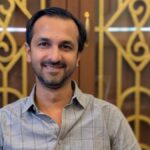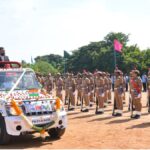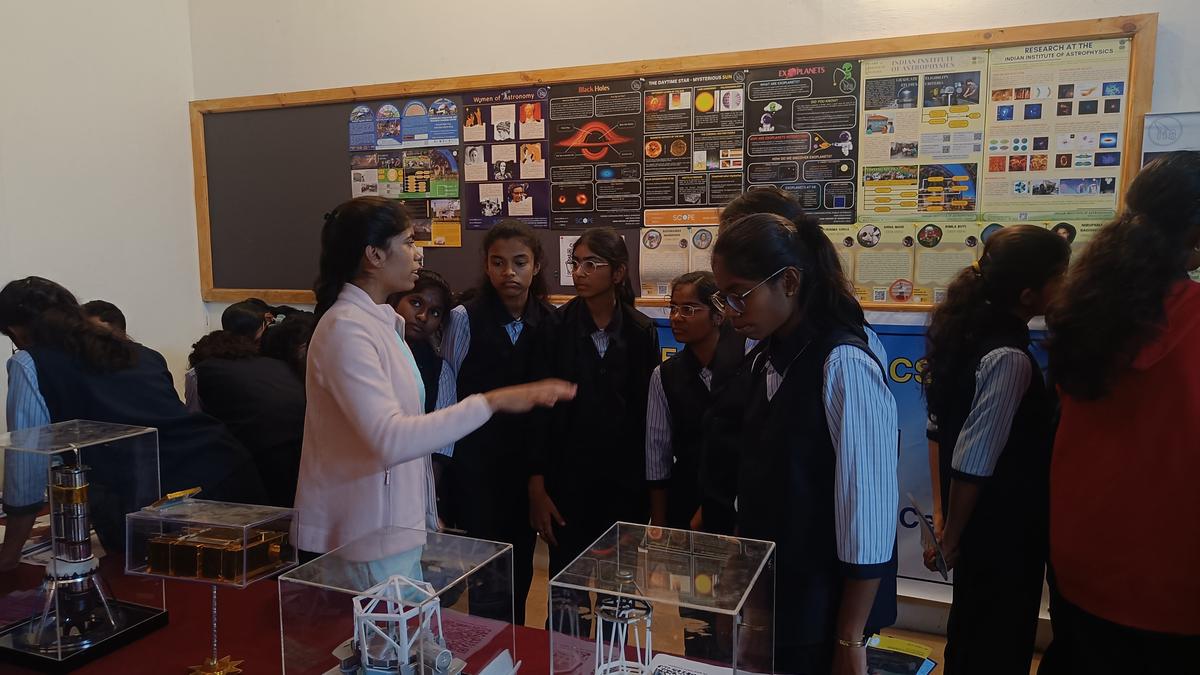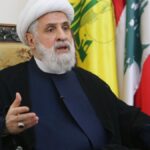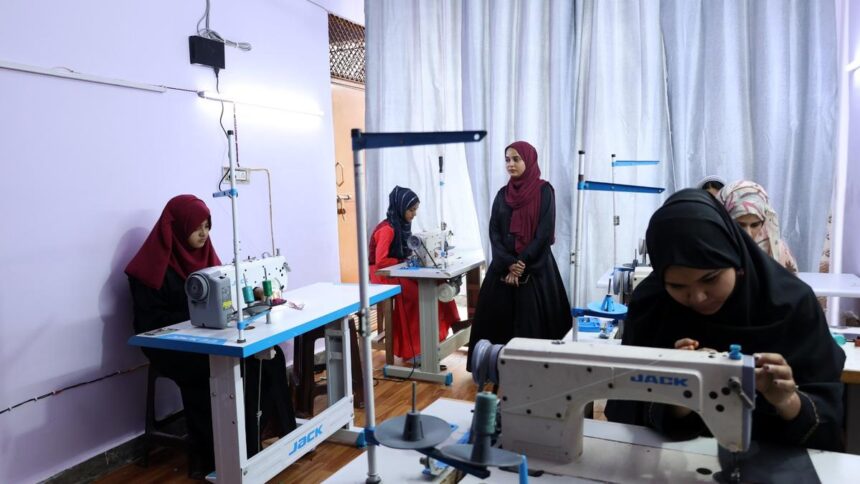Only the most discerning of theatre-goers in Karnataka are aware of the Mysuru Science Theatre Festival (MSTF). The festival, organised by three cultural and theatre platforms, in association with Swami Vivekananda Youth Movement Mysuru, has been active for the past eight years.
MSTF is an initiative of Shashidhara Dongre of Kala Suruchi, SR Ramesh of Parivartana, MC Manohar of Arivu Ranga and Kollegala Sharma of Kutoohali. This year, the Indian Institute of Astrophysics sponsored the festival.
This unique experiment of teaching science through art, especially through theatre, began in 2017 when three amateur theatre troupes came together to stage plays focussing on science and scientists. Initially, they staged translated English plays; today they produce original Kannada plays on these topics.
The plays staged during the last seven years have reached institutions such as the Council of Scientific and Industrial Research (CSIR), the Central Food Technological Institute (CFTRI), the Indian Institute of Science, the Institute for Human Genetics and several engineering colleges.
Curious connect
While it may seem unusual to club the sciences with theatre, it is not without precedent. Prof. Sudarshana Patil Kulkarni of Sri Jayachamarajendra College of Engineering (SJCE) mentioned a similar science theatre festival in Orlando, United States.
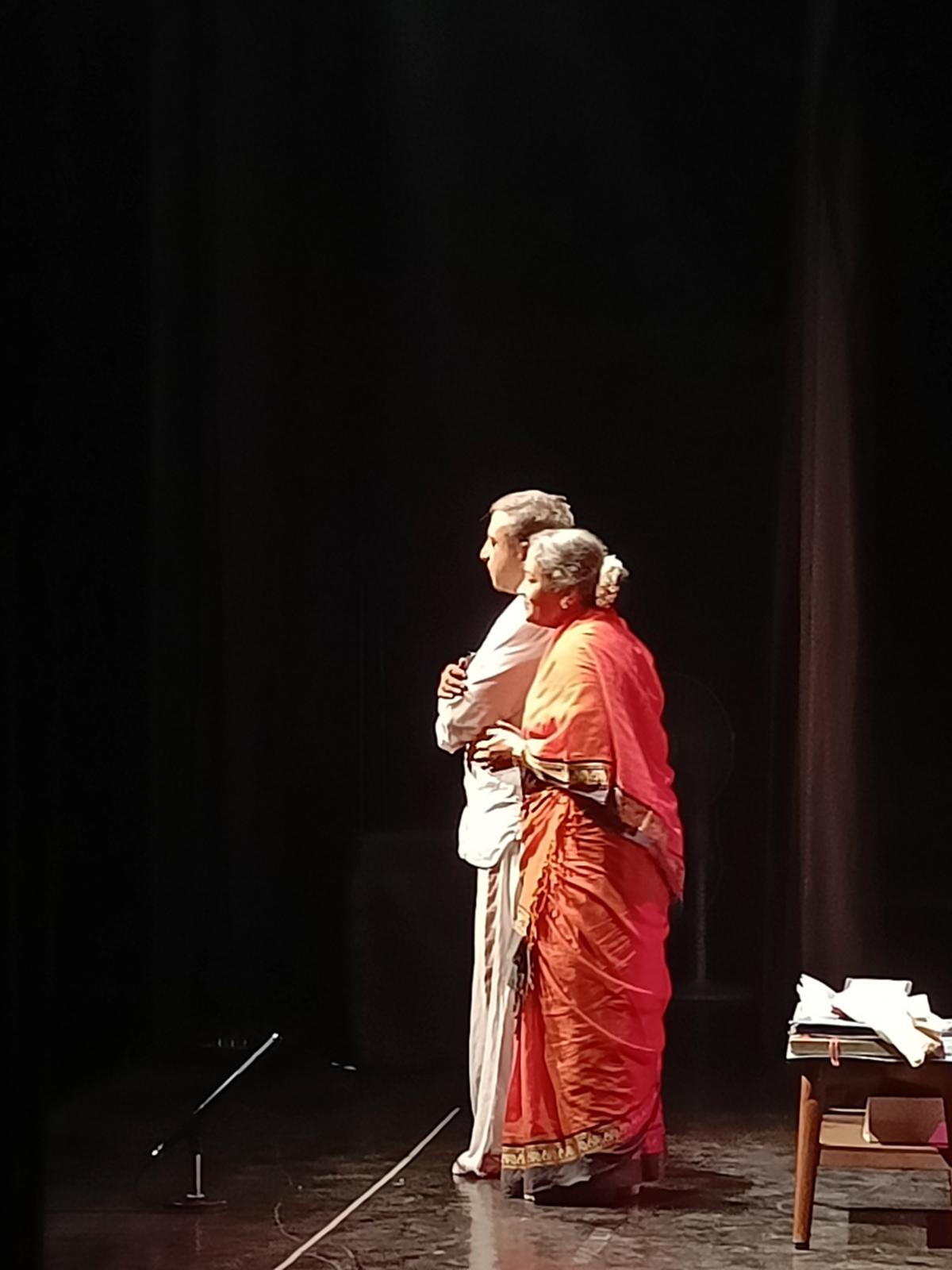
Scenes from a play staged at the Mysore Science Theatre Festival
| Photo Credit:
Special Arrangement
“Mad Cow Theatre in Orlando used to host an annual science festival that included staged readings of plays exploring the intersection of art and science. The festival featured works that delved into scientific themes, discovery and the relationship between science and society. A previous edition of the festival included a reading of Henrik Ibsen’s An Enemy of the People. However, the festival is now defunct,” says Sudarshana.
Shashidhara Dongre of Kala Surichi, a cultural platform in Mysuru and an accomplished professional in the technology sector, said, “MSTF began with an intention to explore human, social, cultural, and political conflicts behind scientific endeavours and achievements, while also bringing to the audience complex scientific concepts in a more accessible dramatised form.“
During the past seven editions, various theatre troupes have presented over 25 plays for Mysuru audiences including Proof, Copenhagen, Mussanjeya Swgatagalu, Arivina Angaladalli, QED (on Richard Feynman), Leelavathi (on mathematician Bhaskara), Einstein, Galileo’s Daughter, Prabhasa (on Mary Curie), AC versus DC and others.
In a nutshell
The eighth edition featured four plays — The Trial of Abdus Salam written and directed by Nilanjan Choudhary, Hasivu written by Santosh Tamraparni and directed by Praveen Belli, Raman: Belaku, Shabda, Sidilu written by Shashidhar Dongre and directed by Prof HS Umesh and Moorane Kivi written by Ravindra Bhatt, directed by Prof SR Ramesh.
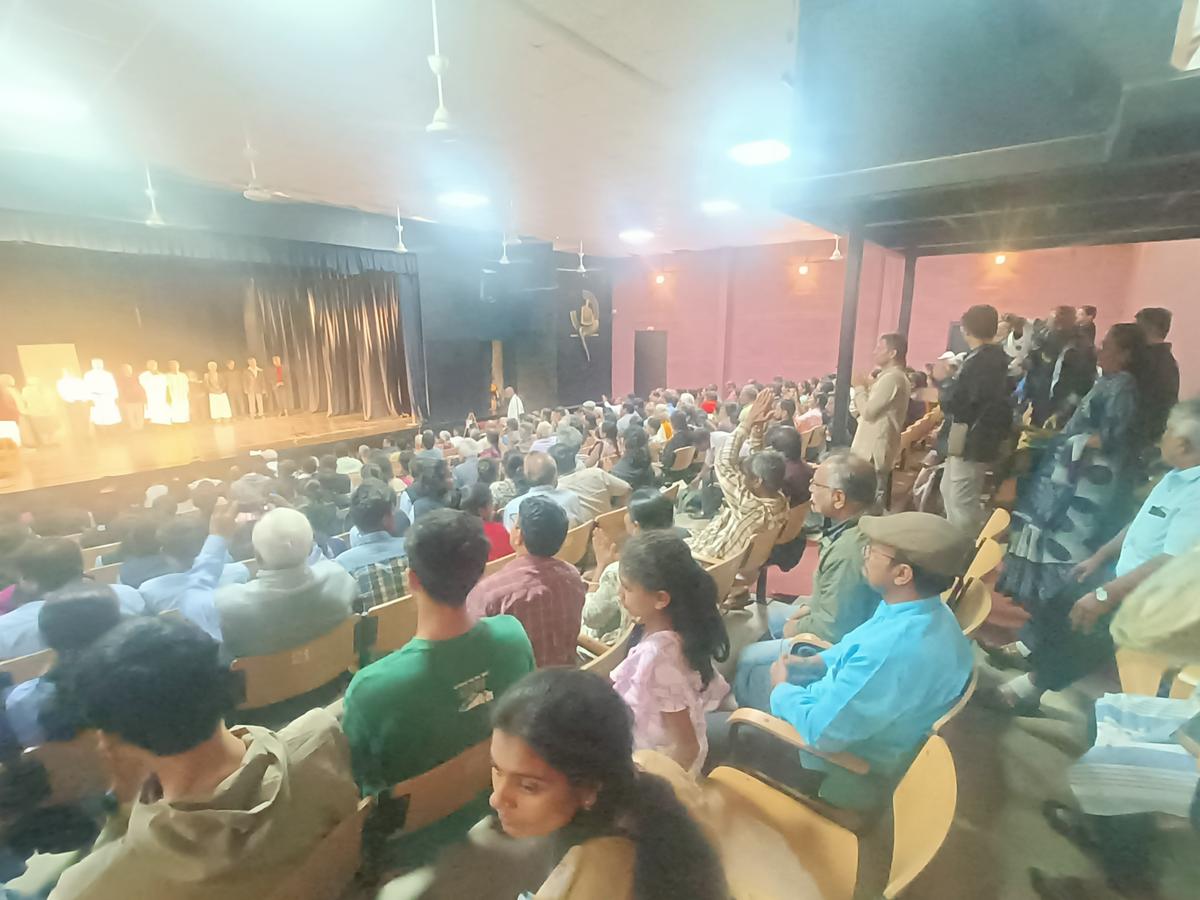
Scenes from the Mysore Science Theatre Festival
| Photo Credit:
Special Arrangement
Trial of Abdus Salam is based on the life of Pakistan’s Nobel Award-winning nuclear scientist-Abdus Salam and the play begins with his appeal to the Government of Pakistan seeking a burial space for himself next to his parents. What follows is a depiction of his conflicts in a conservative society through a mock trial as a theatrical tool. The play was enhanced by an innovative use of multimedia depicting important incidents in the political history of Pakistan that had an impact on Salam’s life.
Hasivu is about the life of Russian botanist Nikolai Vavilov, his travails and tragic death due to hunger — an irony as he dreamt of making food accessible to every individual, travelling around the world collecting seeds for a seed bank. The upheavals of his life were well staged, though a few scenes involving complex dialogue, could have been better presented.
Raman: Belaku Sidilu Shabda brought to stage the personal and professional life of physicist CV Raman. Beginning with a gentle conversation between Raman and his wife Lokasundari, it gives audiences a glimpse not only of his intelligence, but also his love for Carnatic and Western music, his egotism and self-righteous attitude.
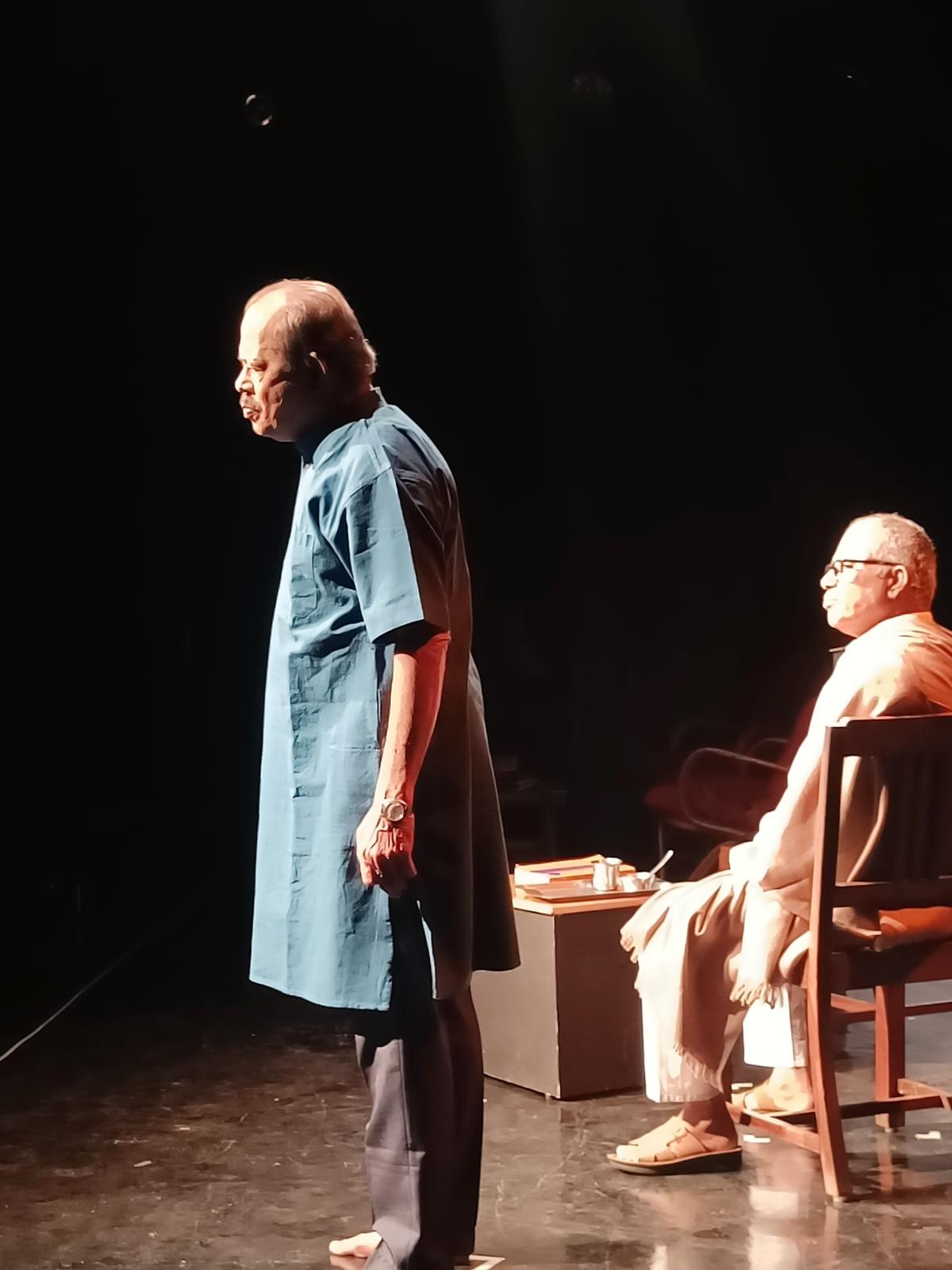
Scenes from a play staged at the Mysore Science Theatre Festival
| Photo Credit:
Special Arrangement
Moorane Kiwi chronicles the struggles of a family whose son was born deaf; the play intelligently weaves the science of hearing and the process of correction, including the relearning and dedication required from parents. At times, it felt the play dragged and could have done with tighter editing.
On the whole, MSTF should be lauded for their effort to bring the lives of scientists to audiences, helping them understand the importance of science on society.
Ramagovinda Ranga Mandira, the venue for MSTF, attracts both science and art lovers with its exhibition of mathematical toys, books and posters on Indian women scientists, to say nothing of the telescope on the premises through which one can view of sunspots.
Ramagovinda Ranga Mandira is Nrupatunga Kannada School, Nirvikalpa Road, Mysuru. Updates on the Mysore Science Theatre Festival available on social media
Published – August 15, 2025 05:05 pm IST



